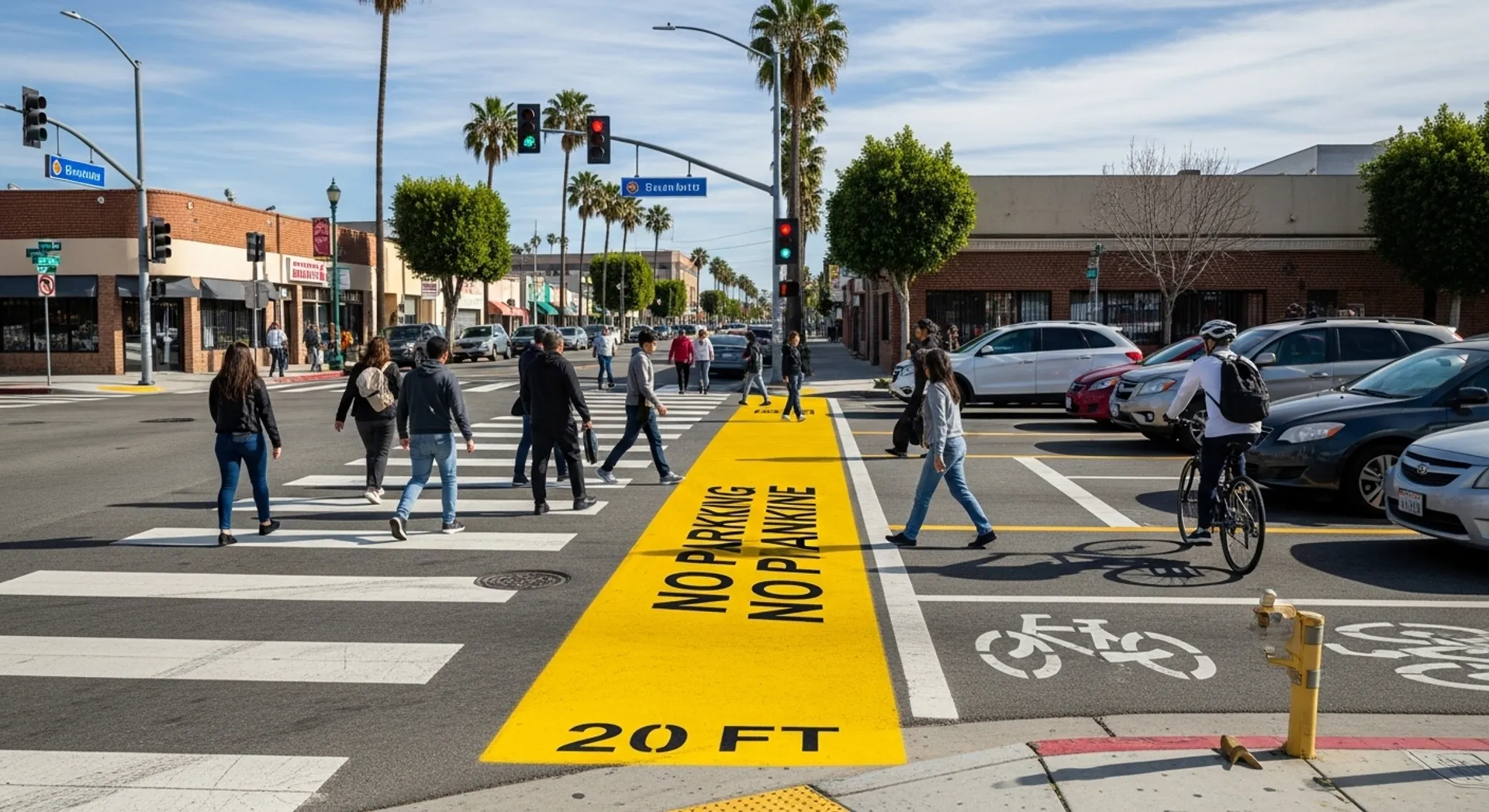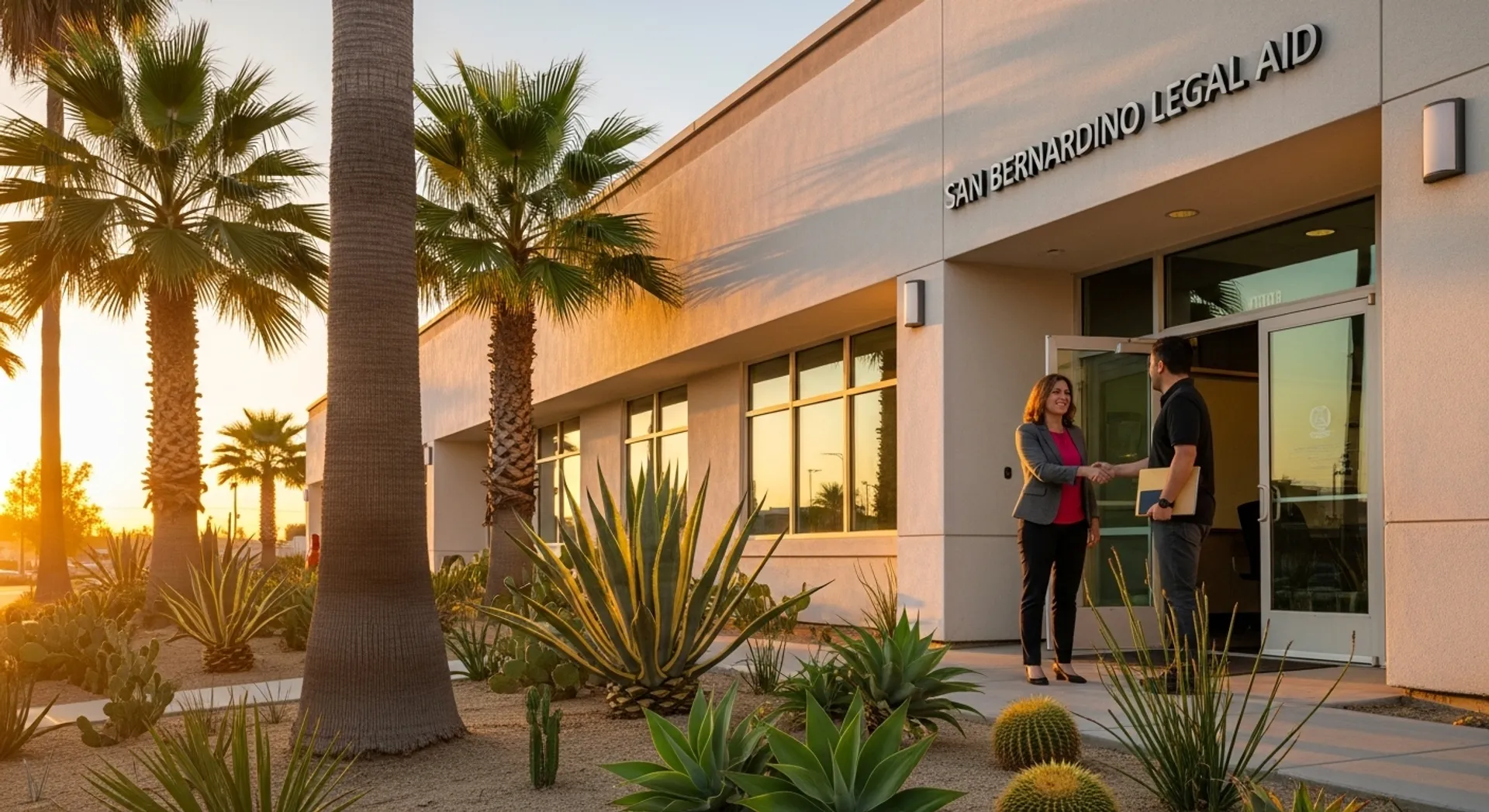Being involved in an auto accident can be a life-changing experience, often leaving you with physical injuries, emotional distress, and financial strain. In California, knowing your rights after an auto accident is crucial for protecting yourself and ensuring you receive the compensation you deserve. Whether you were at fault or not, understanding the laws that govern auto accidents in California can help you navigate the claims process and safeguard your interests.
In this blog post, we will discuss your rights after an auto accident in California, including what steps you should take, how to protect your rights, and what legal options are available to you.
1. Your Right to Compensation
If you’ve been involved in an auto accident in California that wasn’t your fault, you have the right to seek compensation for your injuries and damages. Compensation can cover a wide range of expenses, including:
-
Medical Bills: If you’ve been injured in the accident, you have the right to be reimbursed for your medical treatment, including hospital stays, surgery, physical therapy, medication, and ongoing care.
-
Lost Wages: If your injuries prevent you from working, you are entitled to compensation for lost wages. This includes both current and future loss of income if your injuries affect your ability to work in the future.
-
Pain and Suffering: In California, you can also seek compensation for the physical pain and emotional suffering caused by the accident. This can include the impact on your quality of life, such as being unable to participate in hobbies or activities you once enjoyed.
-
Property Damage: If your vehicle or personal property was damaged in the accident, you have the right to seek reimbursement for repair costs or the replacement value of your vehicle.
2. California’s Comparative Fault System
California operates under a comparative fault rule, meaning that fault in an accident can be shared between multiple parties. This is important because it means that even if you were partially at fault for the accident, you can still recover compensation, although it may be reduced based on your level of fault.
-
How Comparative Fault Works: For example, if you were 20% at fault for the accident, you could still recover 80% of the total damages. The insurance company and courts will determine the percentage of fault for each party involved.
-
Proving Fault: The determination of fault is based on the facts of the accident, including police reports, witness testimony, and evidence from the scene. An experienced attorney can help gather and present the necessary evidence to support your claim.
3. The Right to File an Insurance Claim
After an auto accident, you are entitled to file an insurance claim with the at-fault driver’s insurance company (if applicable) or your own insurance company. Here are the key points to keep in mind:
-
Liability Insurance: In California, all drivers are required to have liability insurance, which covers damages caused by their negligence. If the other driver was at fault, you can file a claim with their insurance company for compensation.
-
Uninsured/Underinsured Motorist Coverage: If the at-fault driver doesn’t have insurance or has insufficient coverage, you can file a claim with your own insurance company if you have uninsured/underinsured motorist (UM/UIM) coverage. This coverage helps protect you if the other driver cannot fully cover your expenses.
-
Personal Injury Protection (PIP): California is not a no-fault state, meaning that drivers are generally required to prove fault to receive compensation. However, if you have PIP insurance or Medical Payments (MedPay) coverage, your own insurance may cover medical expenses and lost wages regardless of who was at fault.
-
Time Limits for Filing a Claim: It’s important to report the accident to your insurance company as soon as possible. Insurance policies typically require you to report accidents within a specific time frame—usually within 24-72 hours of the crash. Failing to do so could jeopardize your claim.
4. The Right to Seek Legal Help
One of your most important rights after an auto accident in California is the right to seek legal help. While you can handle an insurance claim on your own, having an experienced auto accident attorney by your side can significantly increase your chances of getting the compensation you deserve.
-
Why You Need a Lawyer: A lawyer can help you navigate the complex legal and insurance processes, ensuring that your rights are protected. Insurance companies often try to minimize payouts, but an attorney can negotiate on your behalf to ensure you’re compensated fairly.
-
Investigating the Accident: A skilled attorney will investigate the circumstances surrounding the accident, gather evidence (such as medical records, police reports, and witness statements), and work with experts to prove liability.
-
Negotiating Settlements: If an insurance company offers a settlement, a lawyer can assess whether it’s a fair offer or whether you should pursue further action. They can also handle negotiations to ensure that you receive a settlement that covers all of your damages.
-
Filing a Lawsuit: If a fair settlement cannot be reached through negotiations, your lawyer can file a lawsuit on your behalf and represent you in court. They will work to ensure that you receive the maximum compensation for your injuries and losses.
5. Statute of Limitations for Filing a Claim
In California, there are time limits (known as the statute of limitations) for filing a lawsuit after an auto accident. If you don’t file your claim within this time frame, you may lose the right to seek compensation.
-
Personal Injury Lawsuits: In California, the statute of limitations for filing a personal injury lawsuit after an auto accident is generally two years from the date of the accident. This means that you have two years to file a lawsuit against the at-fault party for damages.
-
Property Damage Claims: The statute of limitations for property damage claims (for vehicle repair or replacement) is generally three years from the date of the accident.
It’s important to consult with an attorney as soon as possible after the accident to ensure that you file your claim within the appropriate time limits.
6. Your Right to Fair Treatment
After an accident, you have the right to be treated fairly by both the insurance company and any legal entities involved in your case. However, many people don’t realize that insurance companies are often more interested in minimizing their payouts than in providing fair compensation to accident victims.
-
Insurance Bad Faith: If an insurance company denies your claim without a valid reason, delays the process, or refuses to pay a reasonable amount for your damages, they may be acting in bad faith. In such cases, you may have the right to take legal action against the insurance company.
-
Your Right to a Full Investigation: You have the right to a thorough investigation into the cause of the accident, especially if fault is disputed. An experienced lawyer can help ensure that all evidence is considered and that you are not unfairly blamed for the accident.
7. What to Do If You Are At Fault
If you are found to be at fault for the accident, you still have rights and responsibilities. California’s comparative fault laws mean that your compensation might be reduced based on the percentage of fault assigned to you, but you may still be able to recover damages for injuries and losses caused by the other party’s negligence.
-
Legal Representation: Even if you are partially at fault, it’s important to have legal representation to ensure that you are treated fairly and that your rights are protected.
-
Negotiating with Insurance Companies: A lawyer can help negotiate with your insurance company and the other party’s insurance company to minimize your out-of-pocket expenses and ensure that any settlements are fair.
Conclusion
Understanding your rights after an auto accident in California is crucial for protecting your health, your finances, and your future. Whether you’re filing an insurance claim, seeking compensation for your injuries, or navigating the legal process, it’s essential to know the steps to take and when to seek help.
By understanding California’s auto accident laws and consulting with an experienced lawyer, you can ensure that your rights are protected, your case is handled efficiently, and you get the compensation you deserve. If you’ve been involved in an auto accident, don’t hesitate to reach out to a San Bernardino auto accident lawyer to discuss your legal options and take the first step toward recovery.



